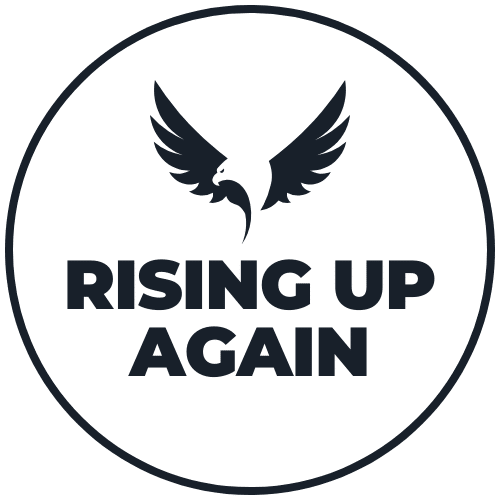Change is not a temporary state – it is the new constant in a world increasingly shaped by technological innovations, economic upheavals, and global crises.
Entrepreneurs and leaders must learn to react and proactively shape change.
How do you stay successful in uncertain times?
The pressure of the unknown
Today’s uncertainty presents entrepreneurs and leaders with numerous challenges, including sudden market changes, supply chain problems, digital disruption, and changing customer needs.
According to a McKinsey study, 70% of executives struggle to adapt quickly to new conditions. Failure to plan for these dynamics can be devastating, resulting in lost revenue or company closure.
But there is hope: adaptation can be learned and trained. The key is to develop the right tools and the right mindset.
Four strategies for successful adaptation
1. The power of flexibility: Stay open to new things
Entrepreneurs like Jeff Bezos and Elon Musk have shown that letting go of old approaches and opening up to new possibilities is crucial for long-term success.
A central component of this is agile thinking:
- Regular feedback: Listen to customers, employees, and partners. Changes should be data-based.
- Iterative processes: Test new possibilities in small experiments before investing significant resources.
- Cultural openness: Create an environment in which new ideas are welcome.
2. Establish early warning systems
A key advantage is the ability to recognize changes early on. Use monitoring tools to observe market developments, customer behavior, and competitors. An MIT Sloan Management Review study shows that data-driven companies can react up to 20% faster to market upheavals.
Practical tip: Use AI-supported tools such as Google Trends, social listening, or BI software to identify trends and derive action recommendations.
3. Strengthen resilience: The mental basis of adaptation
Adaptation begins in the mind. Entrepreneurs and leaders who develop resilience can think more clearly and find creative solutions in stressful situations.
Here are some approaches:
- Practice mindfulness: Meditation and writing a diary can help reduce stress and keep focus.
- Maintain networks: Exchanging ideas with like-minded people offers inspiration and emotional support.
- Learn from mistakes: Failure is an opportunity for growth. Analyze what went wrong and implement what you have learned.
4. Pivot: When Plan A doesn’t work
Sometimes, a strategic change of direction is the only way forward. There are numerous examples of this:
- Slack: Originally developed as gaming software, the company became the leading communications platform.
- Netflix: From DVD rental company to global streaming giant.
A successful pivot requires courage and analytical thinking. Before making a decision, make sure you have the necessary data.
Practical tip: Conduct SWOT analyses regularly to identify opportunities and risks early on.
Success stories of adaptation
Lego’s path back to the top
In the early 2000s, Lego was on the verge of bankruptcy. The cause was too many products and too little focus. The company reinvented itself through radical decisions – such as eliminating inefficient product lines and concentrating on core products. Today, Lego is one of the most valuable toy brands in the world.
Dyson: From failure to market dominance
James Dyson developed over 5,000 prototypes before the first bagless vacuum cleaner was ready for the market. His perseverance and willingness to use feedback were the key to his success. Today, Dyson is synonymous with innovation.
Conclusion
The art of adaptation requires courage, openness, and strategic thinking. Entrepreneurs and leaders who see change as an opportunity rather than a threat can keep their company stable in uncertain times and strengthen it.
Start with small steps
Observe the market, strengthen your network, and develop a resilient mindset. The future may be uncertain, but you can ensure your company survives with the right strategies and a flexible mindset.
Stay strong!
Additional resources
- Book tip: “Antifragile: Things That Gain from Disorder” by Nassim Nicholas Taleb
This book explains how systems responding to uncertainty and stress can strengthen.
View on Amazon - Video tip: “Navigate and Embrace Change” by Simon Sinek
He talks about how sudden change can evoke fear in some people, but those with an infinite mindset will embrace uncertainty and opportunity.
Watch on YouTube


